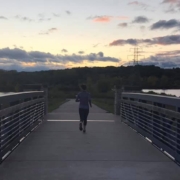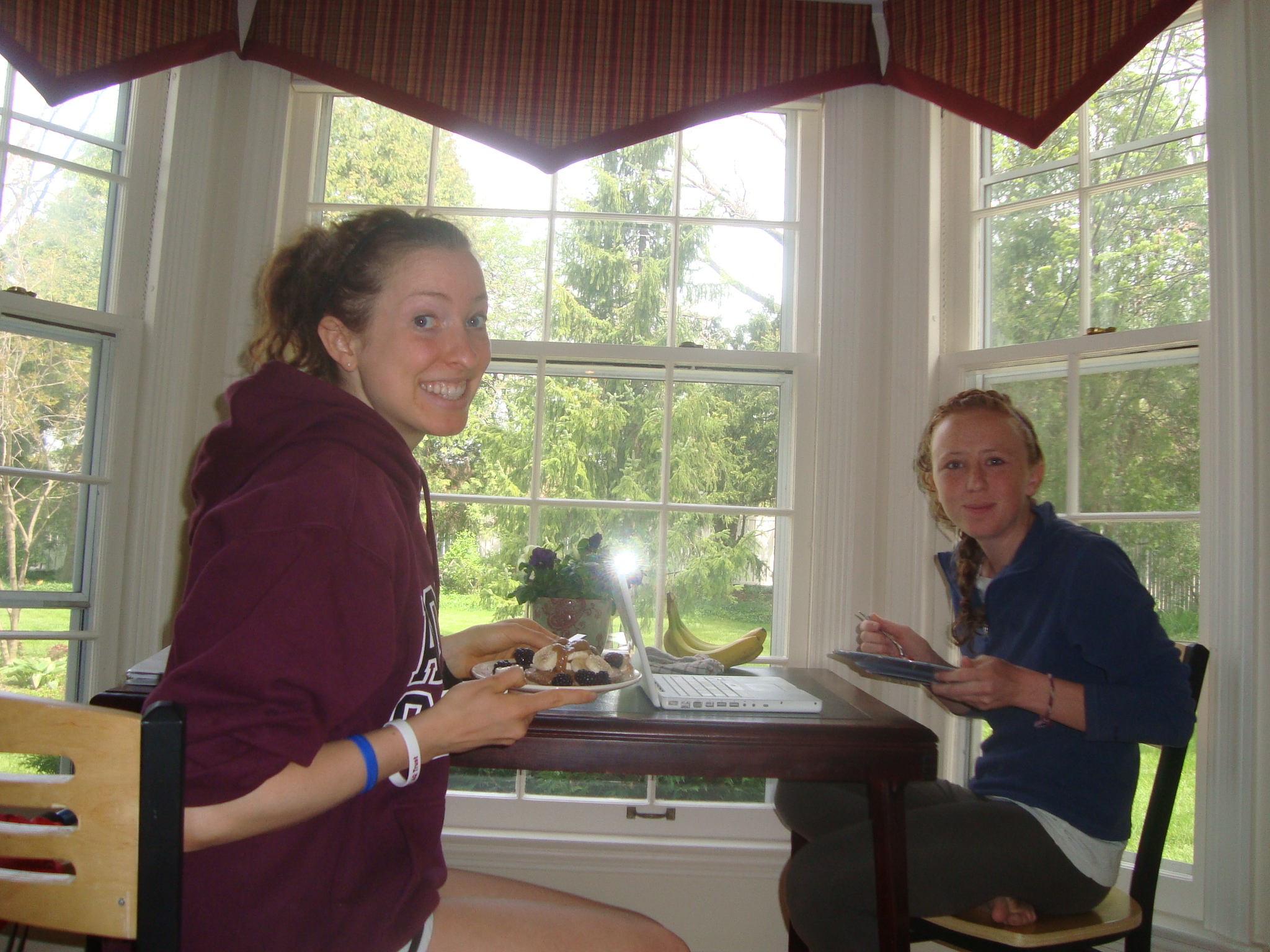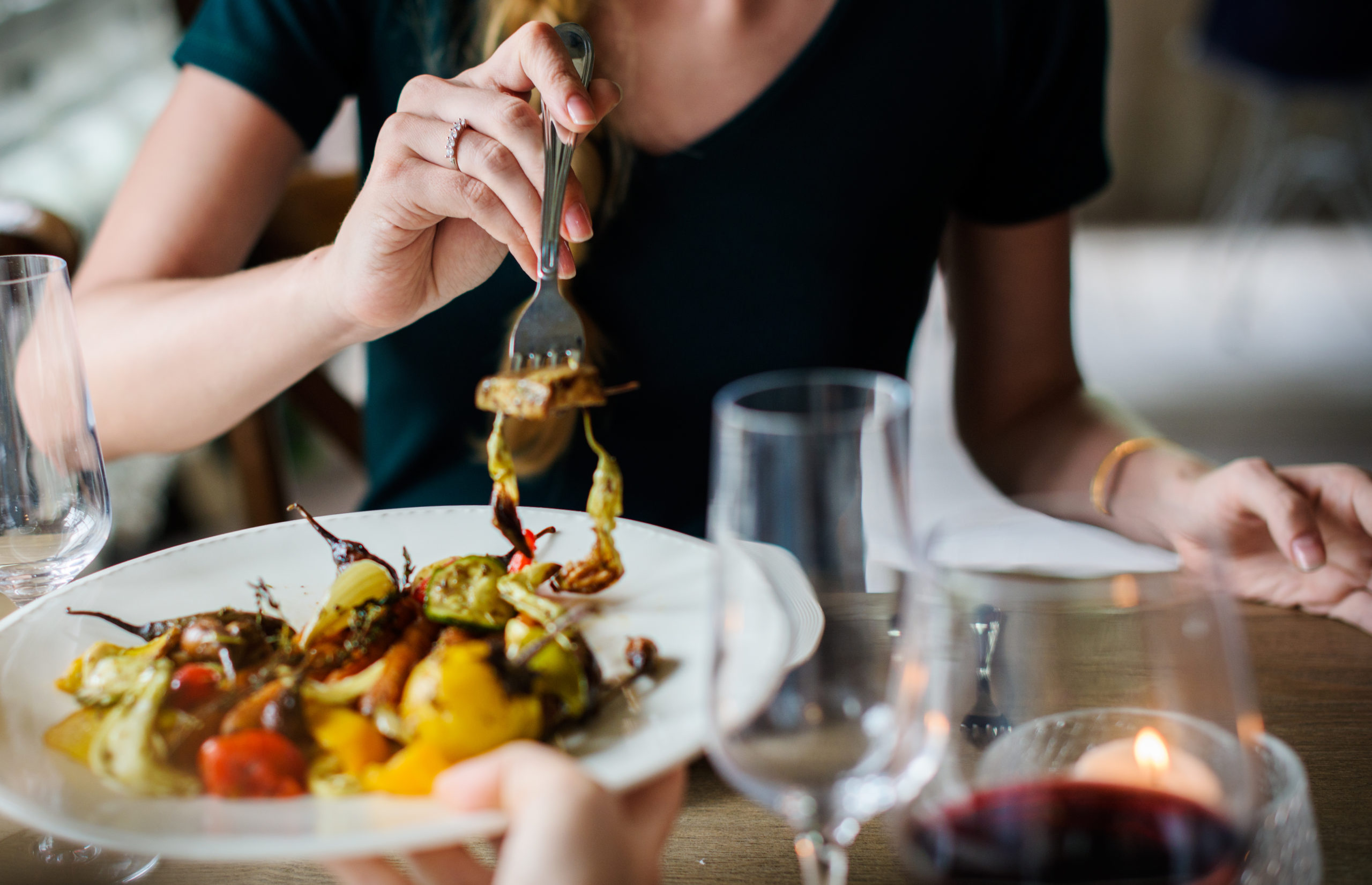When Loved Ones Can’t Understand Your Eating Disorder
Trigger warning: eating disorder behaviors mentioned.
Post updated 3/5/21 to reduce triggers and update the writing because I am still a perfectionist. :)
“How can you physically keep stuffing in more and more food?” my dad asked one night. “I mean, I get to the point where enough is enough in one meal.”
My dad and I had agreed to sit down to talk about my eating disorder the summer going into my senior year of college, and it wasn’t off to a great start. At that moment on the couch, in the darkness of one summer evening, I felt I had to explain to my dad exactly what was going on within. Then, then he would “get it.”
The conversation went a little like this:
Me: “When you hold back on food for so long–like my two-year restriction–then your body is going to try to make up for it. It’s going to go for the simplest sugars. That’s why many people crave high-calorie food at the end of the day if they don’t eat enough. Your body wants to find the most calorie-dense form of food so that it can break it down fast and use it. And with an eating disorder–with your body in that desperation mode–you often stuff yourself until you are uncomfortably full, even if it hurts.”







